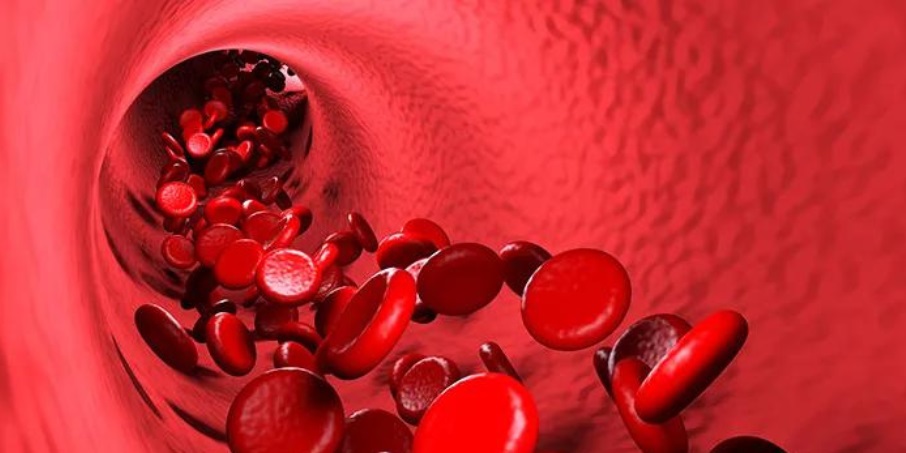
Bypassing Agents for Hemophilia Explained
Learn about bypassing agents as treatment for inhibitors and whether they might be right for you.
One of the most problematic issues that can occur with hemophilia are inhibitors—a complication that happens when the body’s immune system targets the factor replacement products meant to help the blood clot properly. When this occurs, the clotting factor becomes inactivated and can’t do its job to stop bleeding. And it happens relatively frequently: Roughly 20% to 30% of people with severe hemophilia A, 5% to 8% of people with mild or moderate hemophilia A, and 4% of people with hemophilia B develop inhibitors.
The reasons why this happens are not entirely clear, but someone is more likely to develop an inhibitor if they:
- Have severe hemophilia rather than mild or moderate hemophilia
- Are Black or Hispanic
- Have a family history of inhibitors
While inhibitors don’t affect the location, frequency, or severity of bleeds, they do make bleeds more difficult to control. In some cases, people with inhibitors are prescribed medications known as bypassing agents. Read on to learn about the types of bypassing agents for people with inhibitors and how they work.
Read More: Inhibitors 101: Frequently Asked Questions
How Do Bypassing Agents Work?
Instead of replacing the missing factor (factor VIII in hemophilia A or factor IX in hemophilia B), a bypassing agent contains special clotting factors that go around (or bypass) the inhibitor to help the body form a normal clot and stop bleeding.
Not all people with inhibitors need to take a bypassing agent. If someone’s inhibitor is mild, they can usually be treated with larger amounts of clotting factor because even though some factor binds to the inhibitor and becomes inactive, enough is left to form a clot.
Types of Bypassing Agents
Several bypassing agents are approved for use in the U.S. to treat inhibitors:
- Activated prothrombin complex concentrate (aPCC) is sold under the brand name FEIBA, which stands for factor eight inhibitor bypassing activity. The drug, which is made from human plasma, is approved for use in people with hemophilia A or B with inhibitors to control and prevent bleeding episodes, for use around the time of surgery, and for routine prophylaxis to prevent or reduce the frequency of bleeding episodes.
- Recombinant factor VIIa is sold under the brand name NovoSeven RT. The drug, which is a factor concentrate not made from human blood, is approved to treat bleeding episodes and to prevent bleeding during surgeries and other procedures in adults and children with hemophilia A or B with inhibitors. (It’s also approved to treat congenital factor VII deficiency and Glanzmann’s thrombasthenia.)
- Another version of recombinant factor VIIa, available since 2020, is sold under the brand name Sevenfact. It is approved to treat and control bleeding episodes in people ages 12 and older with hemophilia A or B with inhibitors. This type of bypassing agent is unique in that its active ingredient, a recombinant analog of the human FVII protein, is expressed in the mammary gland of genetically engineered rabbits.
People taking a bypassing agent need to be monitored closely to make sure their blood is not clotting too much or clotting in the wrong place in the body.
Source: National Bleeding Disorders Foundation, HemAware, October 2023